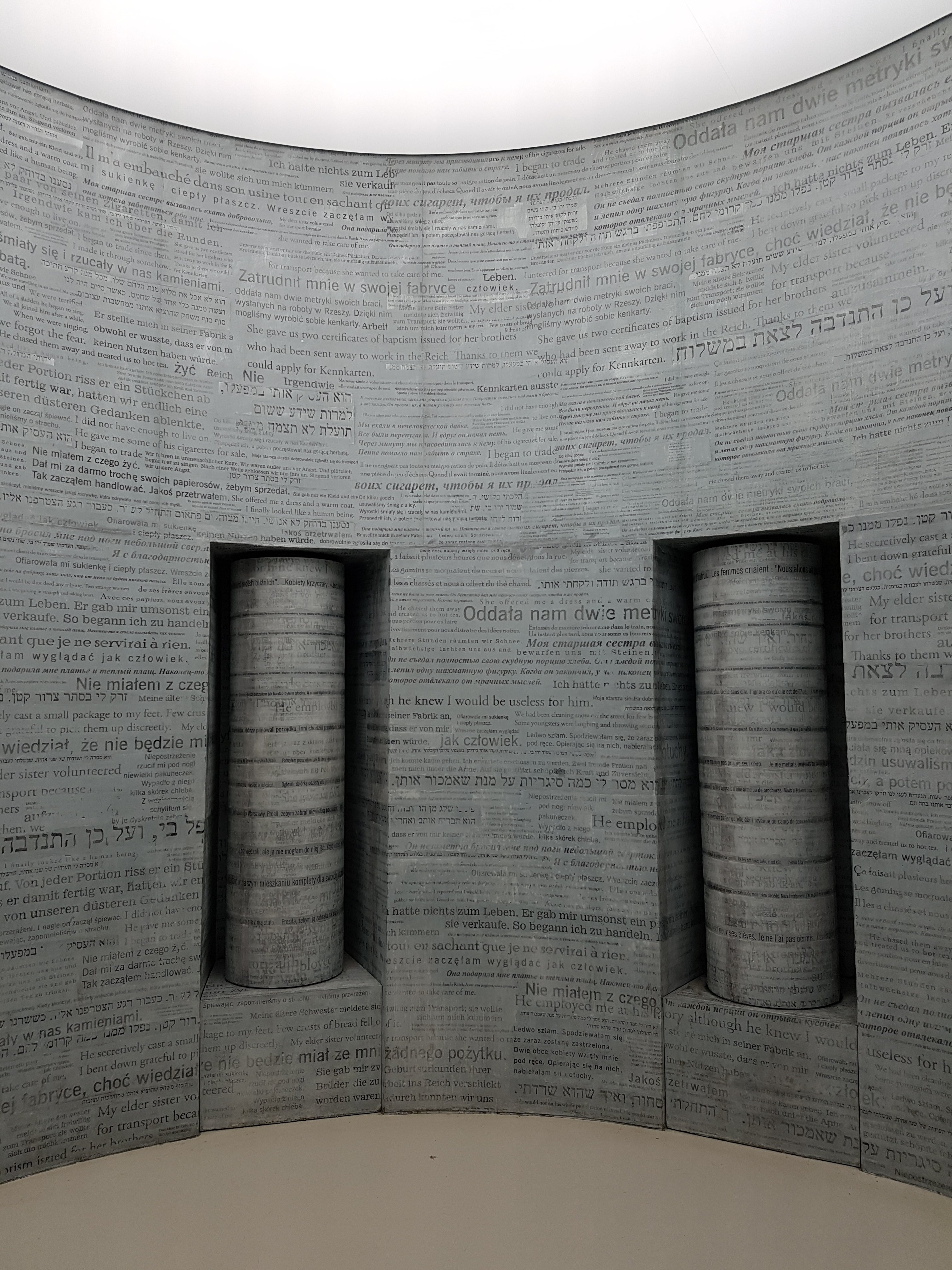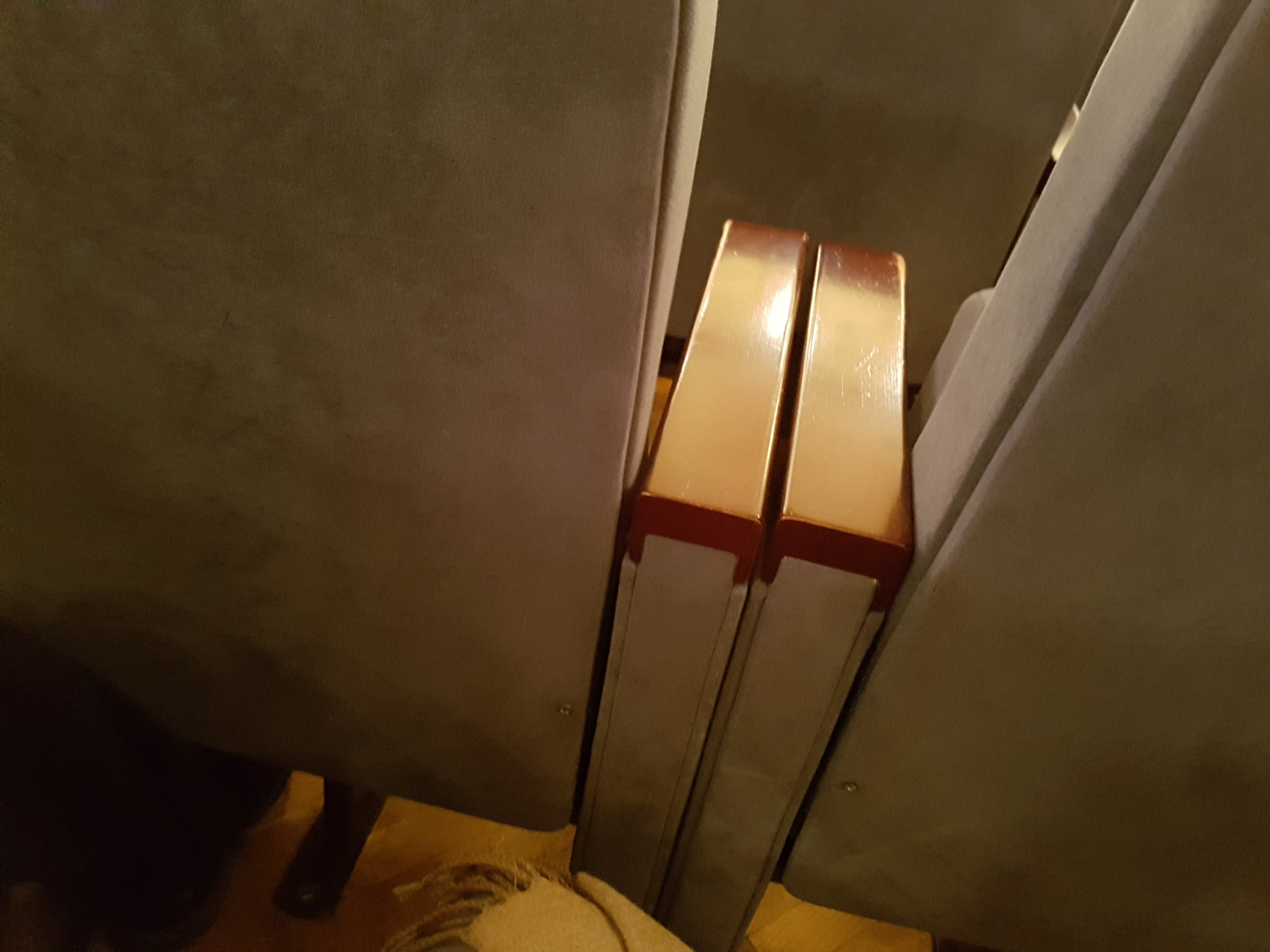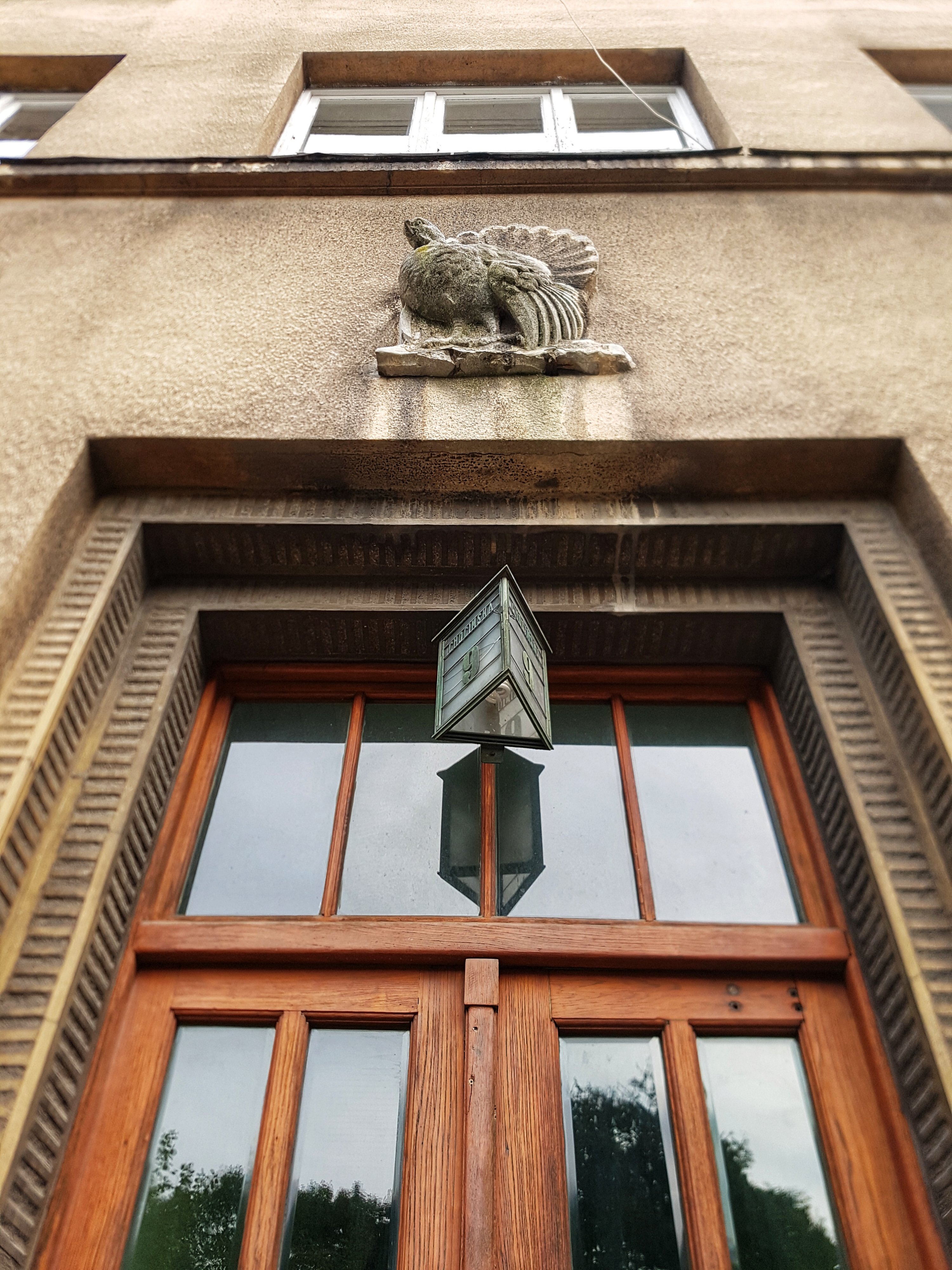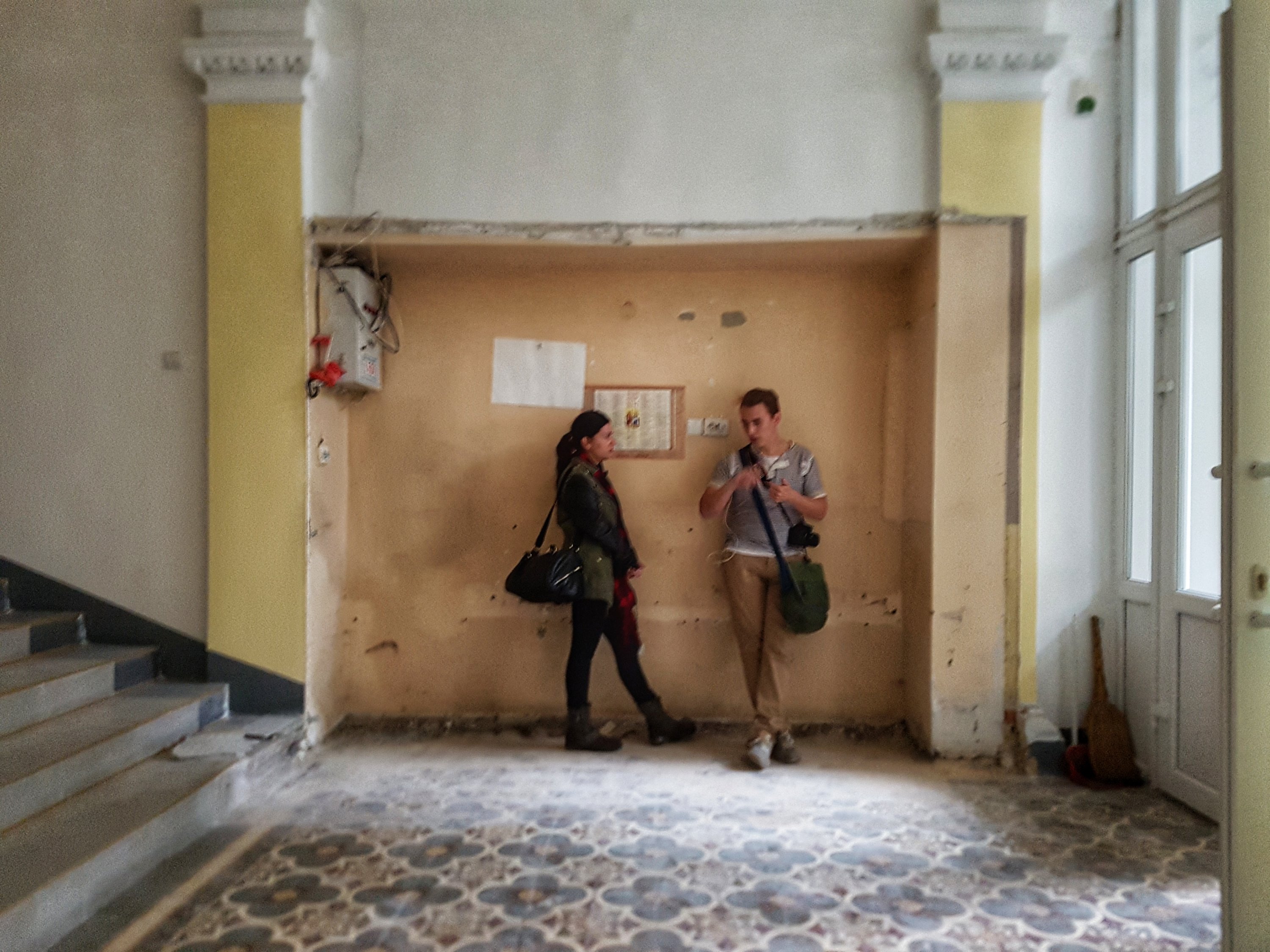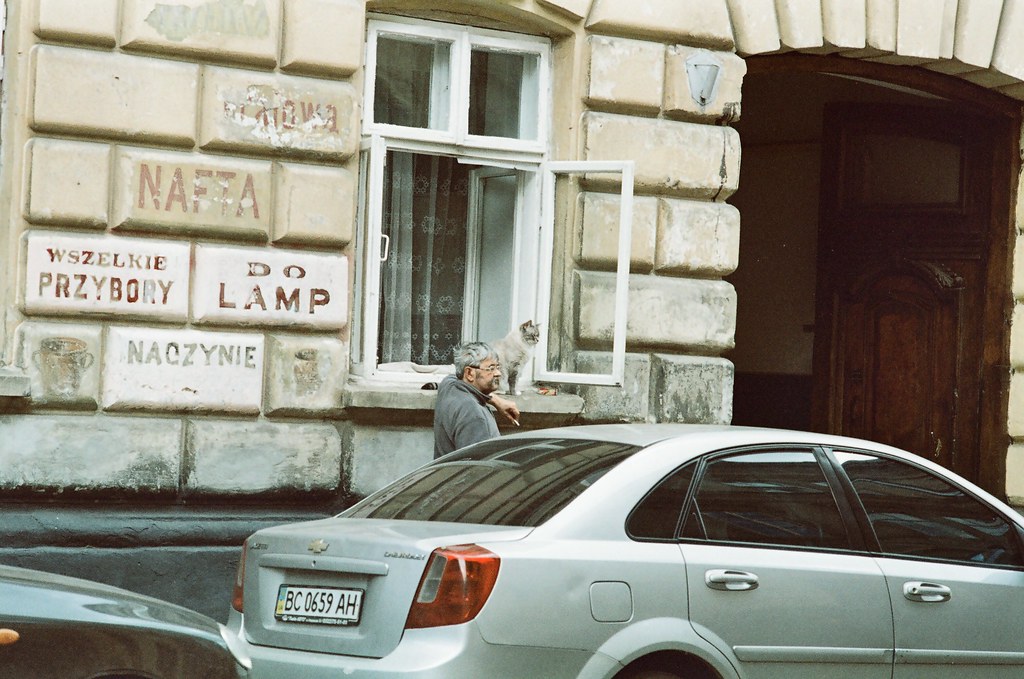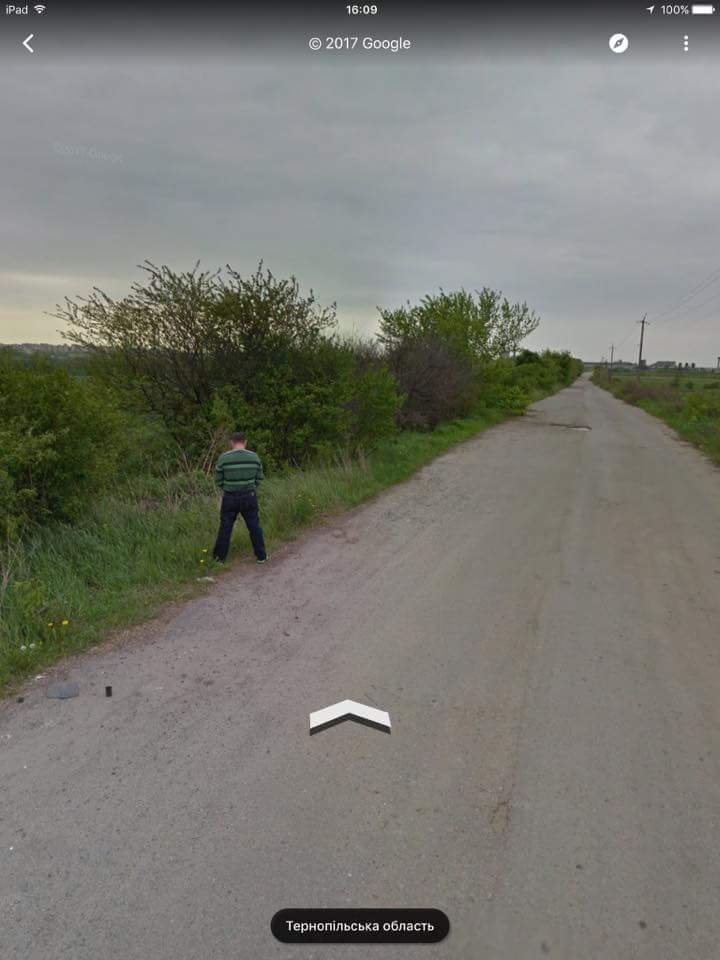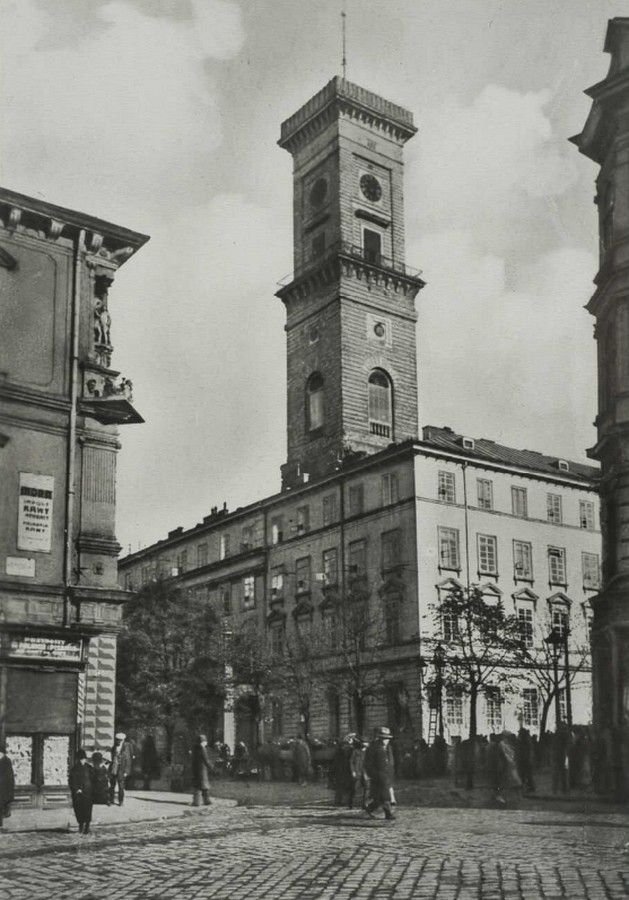På Schindlers fabrik finns ingen plats för våra tårar
Category: by sophie engström, krönika, poland
Tags: Kraków, Polen, Schindler fabriken
Att förstå helheten är ibland omöjligt. Helheten av grymheten. Eller rättare sagt, grymheterna. Men i de små detaljerna finns en öppning till en förståelse. En insikt.
Jag ser på något så oerhört groteskt. Ett cigarettetui, som egentligen ser ut som vilket etui som helst. Tills jag läser beskrivningen av föremålet. Det är ett etui tillverkat av människoskinn. (Jag har för övrigt valt att inte publicera någon bild på etuiet.)
Det är på Schindlers fabrik i Kraków det finns. Det ligger i en glasmonter. Ett litet föremål som gräver sig in i mitt medvetande. Öppnar upp en förståelse. Till en smärta. Egentligen vill jag skrika rakt ut, där jag står.
Jag står några minuter framför glasmontern och känner hur en insikt om människors grymhet fyller varje artär i min kropp. Det här är vi. Vårt arv. Vi kan alltid vara kapabla att förgöra den andre. Vem nu den andre är. Ena dagen kan man vara del av något. Nästa dag kan du ha förvandlats till den andre.
Det monster vi alla bär på fungerar inte efter ett valt och exakt schema. Därför måste vi ständigt påminnas om vad vi bär på.
Egentligen är jag ganska skeptisk till den här typen av förintelse-turism. Det goda i den är väl att vi på så vis måste konfronteras med vilka vi är. Det dåliga är att det kan förvandlas till någon slags jippo, där man kan två sina händer. Peka på något föremål och säga: “Se vad hemskt! Så groteska de var!” Som om de plötsligt blivit den andre, och inte har någon koppling till oss.
Men det är precis det som de har. Vi är människor, precis som de som gjorde sig skyldiga till den tidens brott, var. Vi är för evigt kopplade till dem. Det går inte att påstå att de inte är vi. För de var “vi” då.
Jag tror inte att människor föds onda eller goda. Vi blir de vi är genom vår tid, vår kunskap, våra ställningstaganden. Tillkommer inte vid födseln. Vi tillkommer med tiden.
Jag är inte helt säker på att jag tycker att Schindler fabriken belyser det. Det finns någon alienering i utställningen. Där till exempel polackernas roll i en framväxande antisemitism inte belyses tillräckligt mycket. Där istället andra får stå som bärarna av ondskan. Som de ukrainska SS-soldaterna. Endast i förbigående nämns att även ukrainarna hamnade på fånglägret Płaszów. Jag tror inte alls det är ett medvetet val av utställarna. Det är helt enkelt ett försök att också belysa hur polackerna utsattes för ett förtryck av de tyska ockupanterna. En nästan omöjlig balansakt, som i alla fall får mig att önska ett förtydligande.
Utställningen är stor. Myllrande och ibland fullkomligt obegriplig. Men just det är ett bra grepp. Vi sätts ur balans. Tappar orienteringen. Precis så som det är när vår ondska kryper närmare. För vår ondska tar aldrig stora kliv. Bit för bit tar den sig in i oss, innan vi slutligen ingår i den.
När jag går genom utställningen hör jag massor av olika språk. Polska, norska, danska, hebreiska, tyska. Vissa vandrar tysta genom utställningen. Andra verkar tappa koncentrationen och fladdra iväg i olika, oftast, ovidkommande tankebanor.
Och det senare har väl att göra med att det är så oerhört svårt att ta till sig. Om man inte tillåter sig att stanna upp. Och låta förvissningen om att detta är det vi är, faktiskt sjunka in.
Det som framförallt saknas på Schindlers fabrik är en plats för kontemplation vid utställningens slut. I det ljusa rum man avslutar sin promenad ges inte tillräckligt med utrymme för det. Och när jag kommer ut till garderoben ser jag hur en av de tyska besökarna sjunkit ner på golvet. Med pannan lutad mot knäna ser jag hur hennes axlar rör sig tillsammans med hennes tårar. Sådana tårar borde fler av oss fälla. Men många gör som jag, gråter och skriker inombords. För på Schindlers fabrik finns ingen plats för våra tankar att falla ut i tårar.


